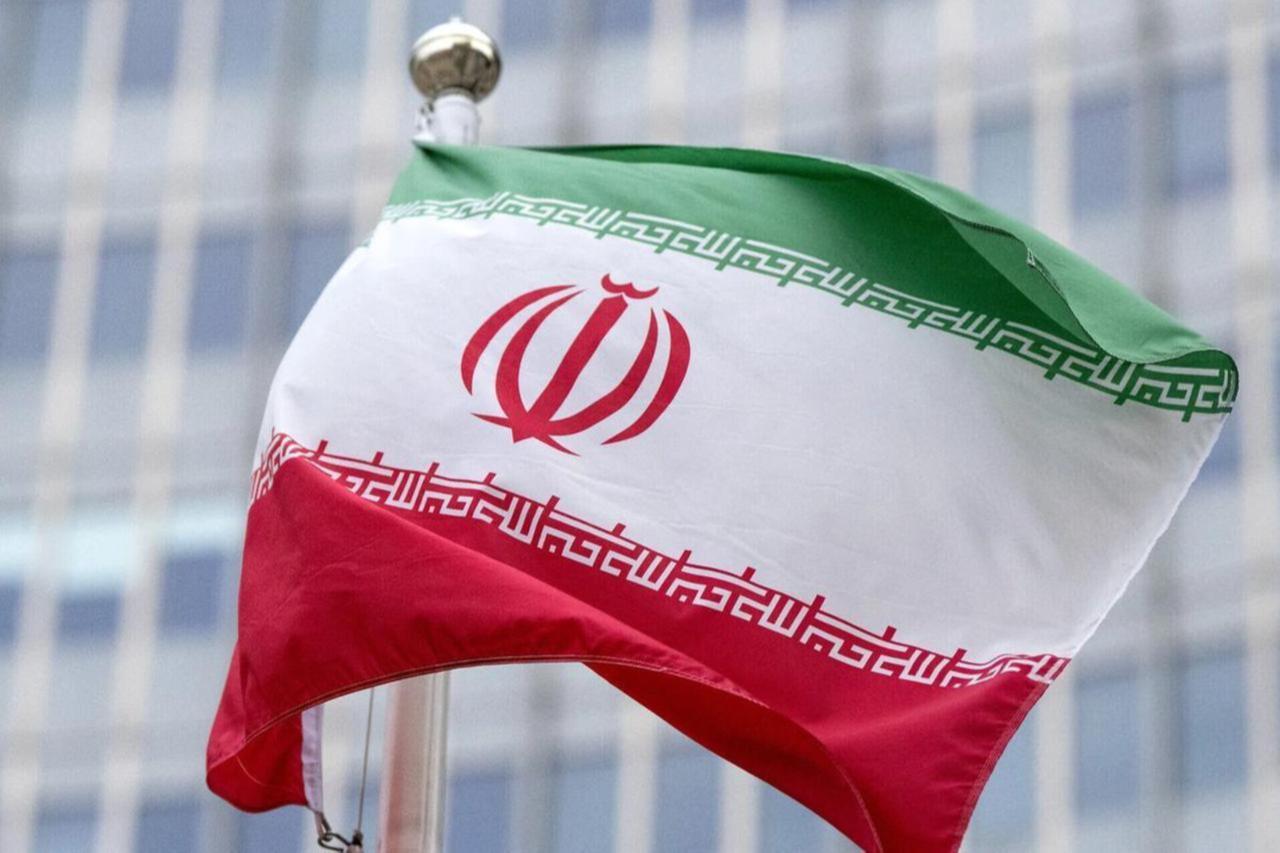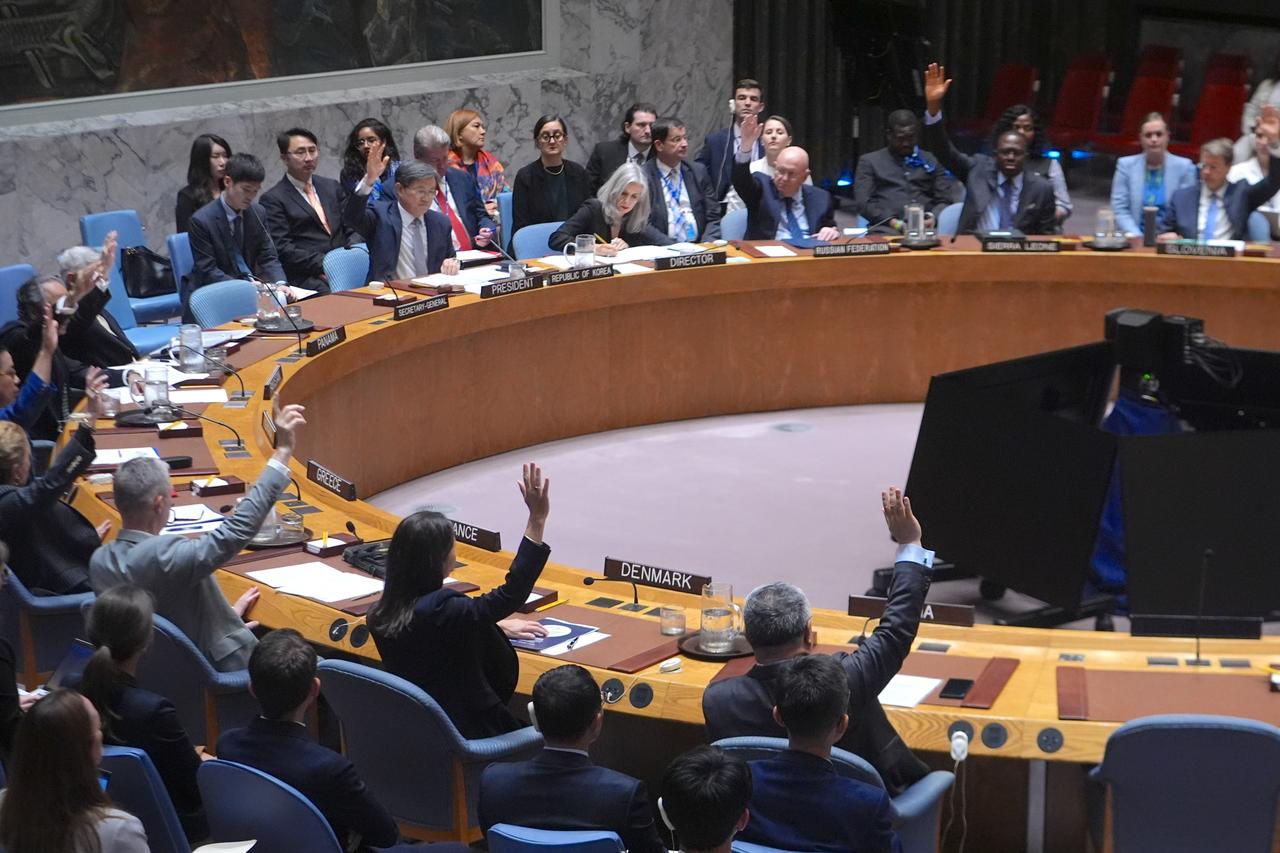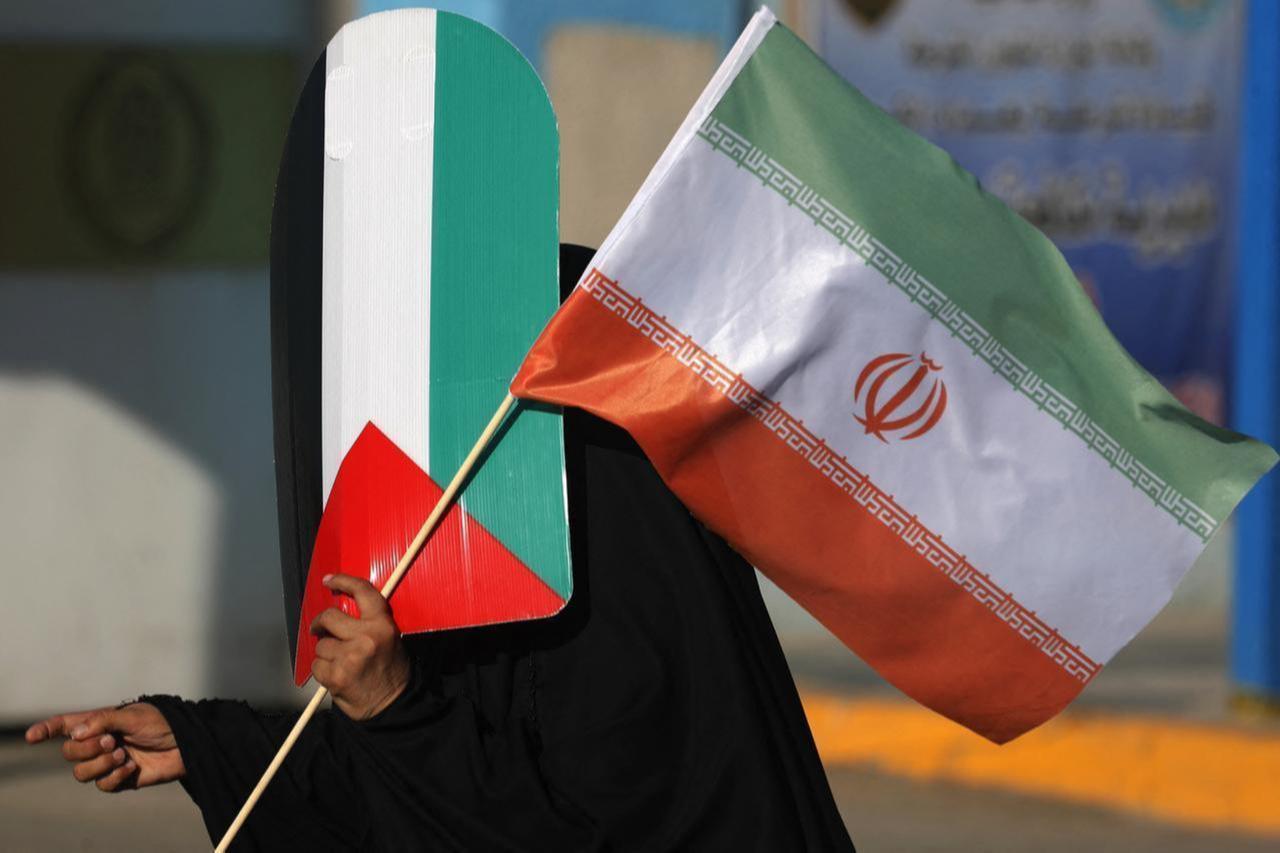
The United Nations Security Council voted Friday to reimpose comprehensive economic sanctions on Iran, marking a dramatic escalation in the international response to Tehran's expanding nuclear program and effectively ending years of diplomatic efforts to salvage the 2015 nuclear accord.
The decision came after Britain, France and Germany — the three European signatories to the Joint Comprehensive Plan of Action — formally triggered the agreement's "snapback" mechanism, citing Iran's systematic violations of the treaty designed to prevent Tehran from developing nuclear weapons.
"Today's action is hasty, unnecessary and unlawful. Iran recognizes no obligation to implement it," Iran's UN Ambassador Amir Saeid Iravani told the Security Council, denouncing what he called the "politics of coercion."
The vote represents the collapse of diplomatic initiatives that began accelerating after Iran dramatically increased its uranium stockpile to more than 40 times the level permitted under the original agreement, according to a letter the European nations sent to the UN in mid-August.

Iranian Foreign Minister Abbas Araghchi had presented what he described as a "fair and balanced" proposal to European powers earlier Friday in a last-ditch attempt to prevent the sanctions from returning. However, Western diplomats said no meaningful progress had emerged from recent negotiations.
"We urge (Iran) to act now," said British Ambassador Barbara Woodward after casting her vote, though she indicated diplomatic channels could remain open during next week's UN General Assembly in New York.
French President Emmanuel Macron had predicted earlier this week that sanctions would return by month's end, though French UN representatives suggested Friday that negotiated solutions remained possible.

The reimposed sanctions come as the 2015 nuclear deal lies in ruins following the United States' withdrawal in 2018 during Donald Trump's presidency. That decision prompted Iran to gradually abandon its commitments under the agreement and accelerate nuclear activities that Western powers and Israel view as steps toward weapons capability — charges Tehran denies.
Tensions reached a breaking point following a 12-day conflict between Iran and Israel in June that saw unprecedented Israeli airstrikes on Iranian nuclear facilities. The war derailed ongoing nuclear negotiations between Tehran and Washington and led Iran to suspend cooperation with the International Atomic Energy Agency, forcing UN inspectors to leave the country.
The current crisis has deep historical roots. Trump previously attempted to trigger the snapback clause in 2020 but failed because the U.S. had already withdrawn from the agreement. European powers have spent years trying to preserve the deal through negotiations, arguing they have "unambiguous legal grounds" to activate the mechanism — a position Iran rejects.
Iran has warned it may withdraw from the Nuclear Non-Proliferation Treaty if the snapback sanctions take effect, a move that would further isolate the Islamic Republic from international nuclear oversight and potentially accelerate its path toward nuclear weapons development.